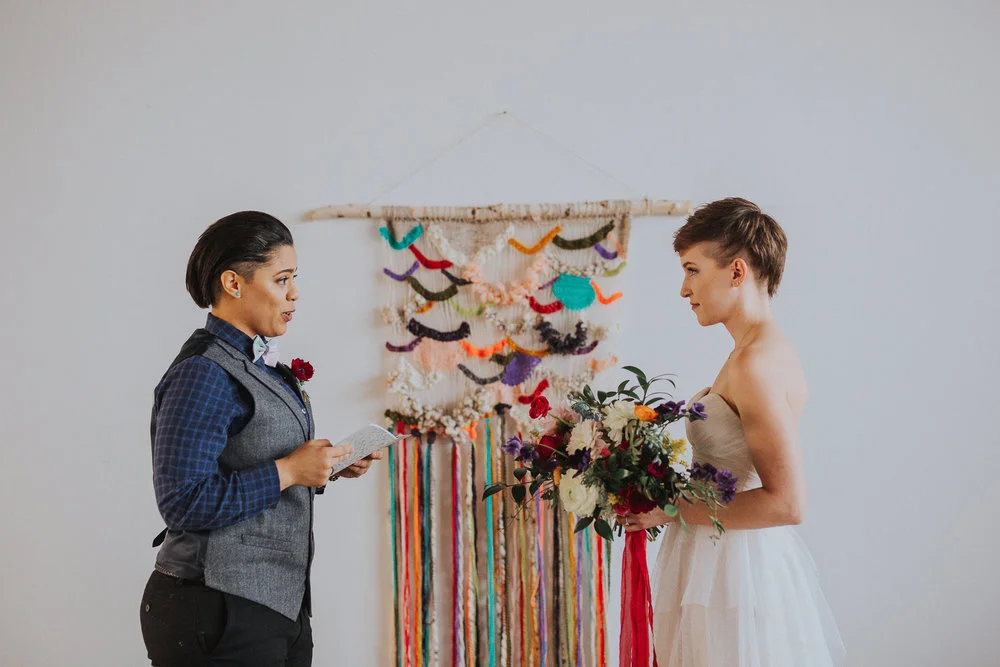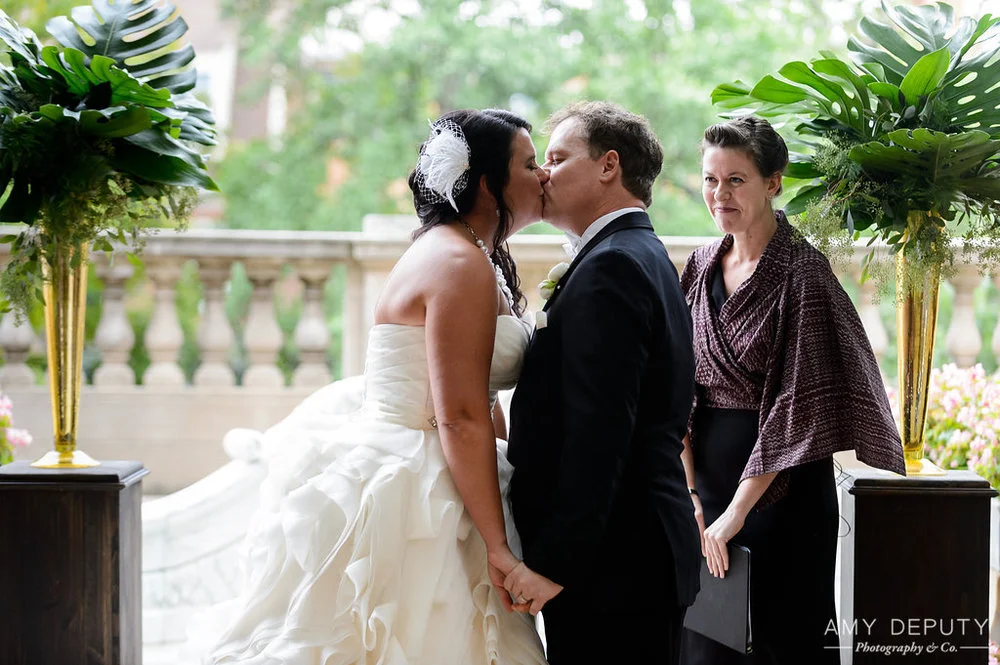Incorporating Ceremony and Ritual into Bridal Showers, Bachelor/ette Parties, and Weddings // River and Root
/Ceremony and ritual help us acknowledge change and transition in our lives. You can think about the difference between a meal that starts with a toast or saying grace versus a meal that just starts. In the former, everyone takes a moment to settle in and be present with each other before eating, and in the second we just start right in and we don't necessarily stop to be present.
Read More



























